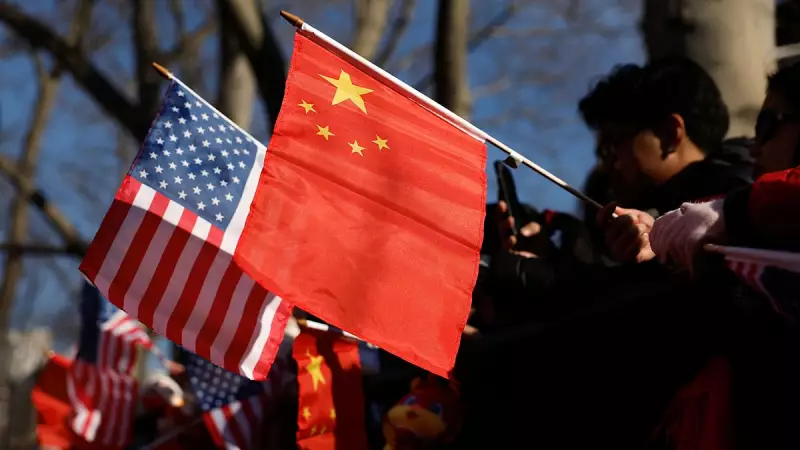
In a significant escalation of the technological cold war, the United States is contemplating stringent measures to restrict the export of sophisticated software technologies to China. This strategic move specifically targets advanced artificial intelligence systems and semiconductor design tools that could potentially bolster China's military modernization efforts.
The Core Technologies Under Scrutiny
The proposed restrictions would focus on cutting-edge AI software, particularly next-generation large language models that power sophisticated chatbots and AI systems. Additionally, the measures would cover specialized electronic design automation (EDA) software crucial for developing advanced semiconductors.
These technologies represent the backbone of modern computing and artificial intelligence development. By limiting China's access to these tools, the US aims to maintain its technological edge in critical defense and security-related fields.
Strategic Implications for Global Tech Landscape
This potential policy shift comes as part of a broader strategy to address national security concerns while preserving America's competitive advantage in emerging technologies. The restrictions would build upon existing export controls implemented in October 2022 that already limit China's access to advanced semiconductor manufacturing equipment.
The timing is particularly significant as China continues to make substantial investments in its domestic tech industry, aiming to achieve self-sufficiency in critical technologies by 2025.
Industry Impact and Response
Major US technology companies specializing in AI development and semiconductor design software could face substantial business implications if these restrictions are implemented. The move would represent one of the most comprehensive efforts to date in controlling the flow of sophisticated software technology to Chinese entities.
Industry analysts suggest that while these measures might slow China's technological progress in the short term, they could also accelerate Beijing's efforts to develop domestic alternatives to US software solutions.
Broader Geopolitical Context
This development occurs against the backdrop of ongoing trade tensions and strategic competition between the world's two largest economies. The software export controls would complement existing restrictions on hardware exports and represent a more holistic approach to technology protection.
The Biden administration's careful consideration of these measures reflects the delicate balance between national security concerns and maintaining global technological leadership.
As the situation evolves, stakeholders across the global technology ecosystem are closely monitoring these potential policy changes that could redefine the rules of engagement in the US-China tech competition for years to come.






